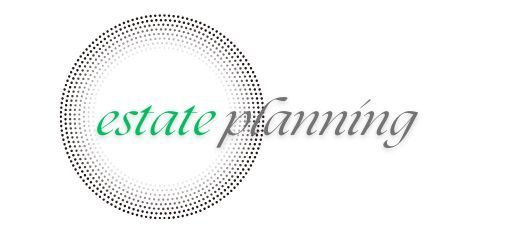
What is a Chattel Mortgage?
A chattel mortgage involves using movable property (chattel) as collateral for a loan. Unlike real property like land or buildings, movable property can be easily transferred or relocated. For instance, if you are purchasing a car or business equipment, you can use these items as collateral to secure the loan.
- Unlocking Classical Economics: The Foundations of Free Markets and Economic Growth
- How to Achieve Financial Independence, Retire Early (FIRE): A Comprehensive Guide
- Master Financial Statement Analysis: A Step-by-Step Guide for Investors and Business Leaders[2][5][4]
- Understanding ‘First World’ Economies: Key Insights for Investors and Financial Analysts
- Unveiling Earnings Management: How Companies Manipulate Financial Reports and Its Impact on Investments
Here’s how it works: When you take out a chattel mortgage, the lender retains a security interest in the movable property until the loan is fully repaid. This means that if you default on the loan payments, the lender has the right to repossess and sell the collateral to recover their losses.
Bạn đang xem: Understanding Chattel Mortgages: How to Finance Movable Property with Secured Loans
The legal framework governing chattel mortgages varies by jurisdiction but is often regulated under laws such as the Uniform Commercial Code (UCC) in the United States. This framework provides clear guidelines on how these transactions should be conducted.
Types of Chattel Mortgages
Chattel mortgages can be categorized into two main types: those with dispossession and those without.
With Dispossession
In this type of chattel mortgage, the lender takes physical possession of the collateral until the loan is repaid. This is less common but can be seen in certain business arrangements where high-value equipment is involved.
Without Dispossession
More commonly, borrowers retain possession of the movable property while making loan repayments. This allows them to use the asset for their intended purpose while still fulfilling their financial obligations.
Examples of common types of chattel mortgages include financing for mobile homes, cars, and business equipment. Each type has its own set of requirements and implications for both lenders and borrowers.
How Chattel Mortgages Work
Obtaining a chattel mortgage involves several key steps:
-
Xem thêm : Understanding Current Account Deficits: How They Impact Economy, Investment, and National Solvency
Collateral: The borrower identifies movable property that will serve as collateral for the loan.
-
Loan Agreement: The borrower and lender agree on the terms of the loan, including interest rates, repayment schedules, and any other conditions.
-
Transfer of Ownership: The legal ownership of the collateral is transferred to the lender until the loan is fully repaid.
-
Chattel Paper: This document outlines the terms of the agreement and serves as proof of the security interest held by the lender.
The financial obligations of the borrower include making regular payments according to the agreed schedule. Failure to meet these obligations can result in default and potential repossession.
Benefits and Considerations of Chattel Mortgages
Benefits
-
Lower Interest Rates: Compared to unsecured loans, chattel mortgages often offer lower interest rates because they are secured by collateral.
-
Tax Deductibility: Interest paid on chattel mortgages may be tax-deductible, which can provide significant savings.
-
Flexible Repayment: Repayment schedules can be structured to fit business cash flow needs.
Considerations
-
Higher Interest Rates Than Traditional Mortgages: While lower than unsecured loans, interest rates for chattel mortgages might be higher than those for traditional mortgages.
-
Xem thêm : Understanding Deposits: A Comprehensive Guide to Term Deposits, GICs, and Secure Investment Options
Insurance Requirements: Borrowers may need to insure the collateral against damage or loss.
-
Balloon Payments: Some chattel mortgages include balloon payments at the end of the term, which can be a significant financial burden if not planned for.
Tax Implications
The tax implications of chattel mortgages are another important aspect to consider. Borrowers may be able to claim GST, interest, and depreciation costs associated with the collateral. However, it’s crucial to seek professional tax advice to understand specific tax benefits and obligations fully.
Default and Repossession
In case of default, lenders have the right to repossess and sell the collateral to recover their losses. The process typically involves a notice period during which borrowers may attempt to negotiate alternative arrangements to prevent repossession. Understanding these terms before entering into a chattel mortgage agreement is essential.
Examples and Applications
Chattel mortgages are widely used in various contexts:
-
Mobile Homes: Financing mobile homes through chattel mortgages is common due to their classification as personal property rather than real estate.
-
Cars: Many car loans are essentially chattel mortgages where the vehicle serves as collateral.
-
Business Equipment: Companies often use chattel mortgages to finance high-value equipment necessary for their operations.
Eligibility criteria vary depending on the type of movable property being financed. For example, manufactured homes have specific requirements that must be met before they can be used as collateral.
Nguồn: https://estateplanning.baby
Danh mục: Blog







